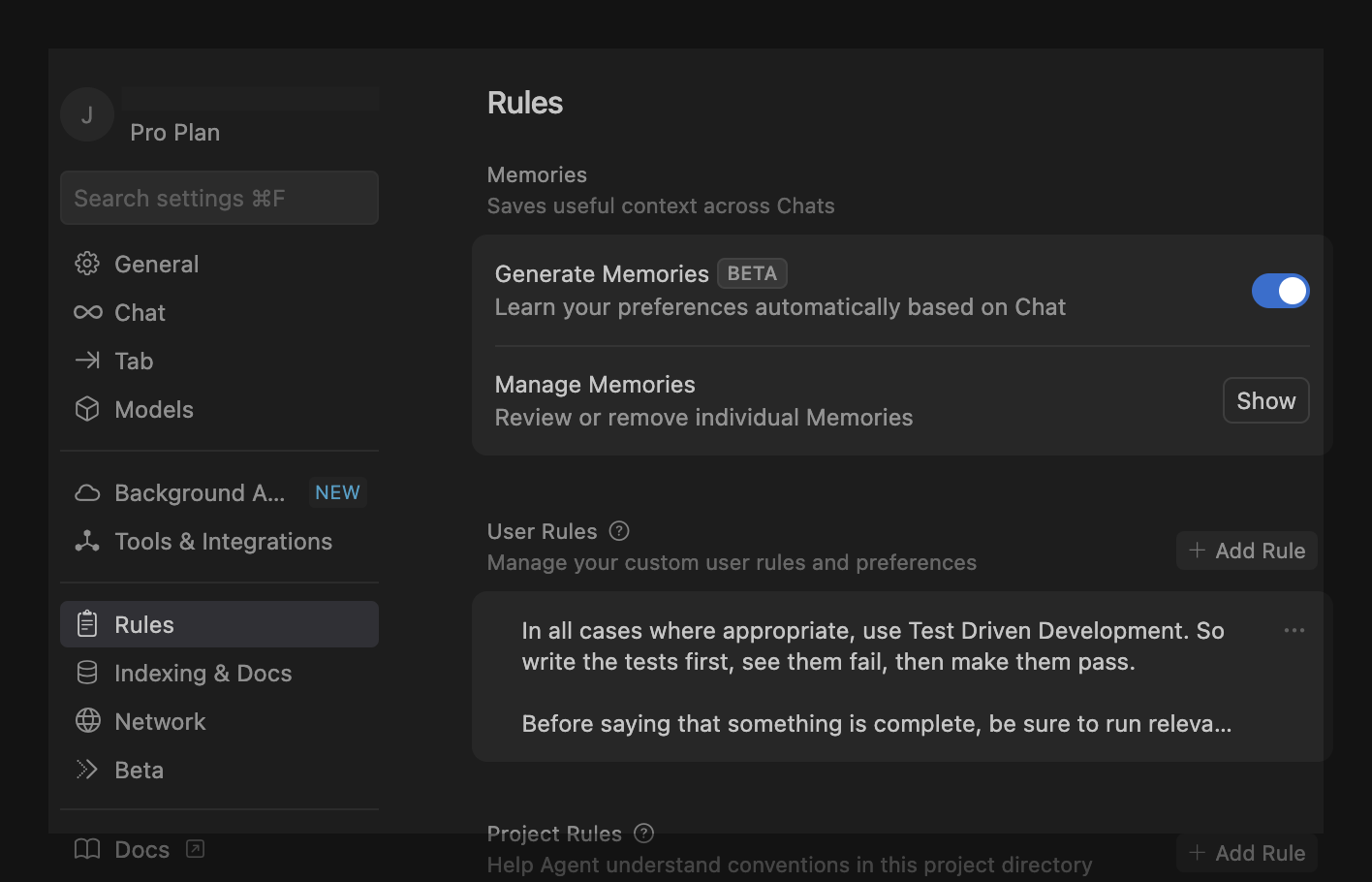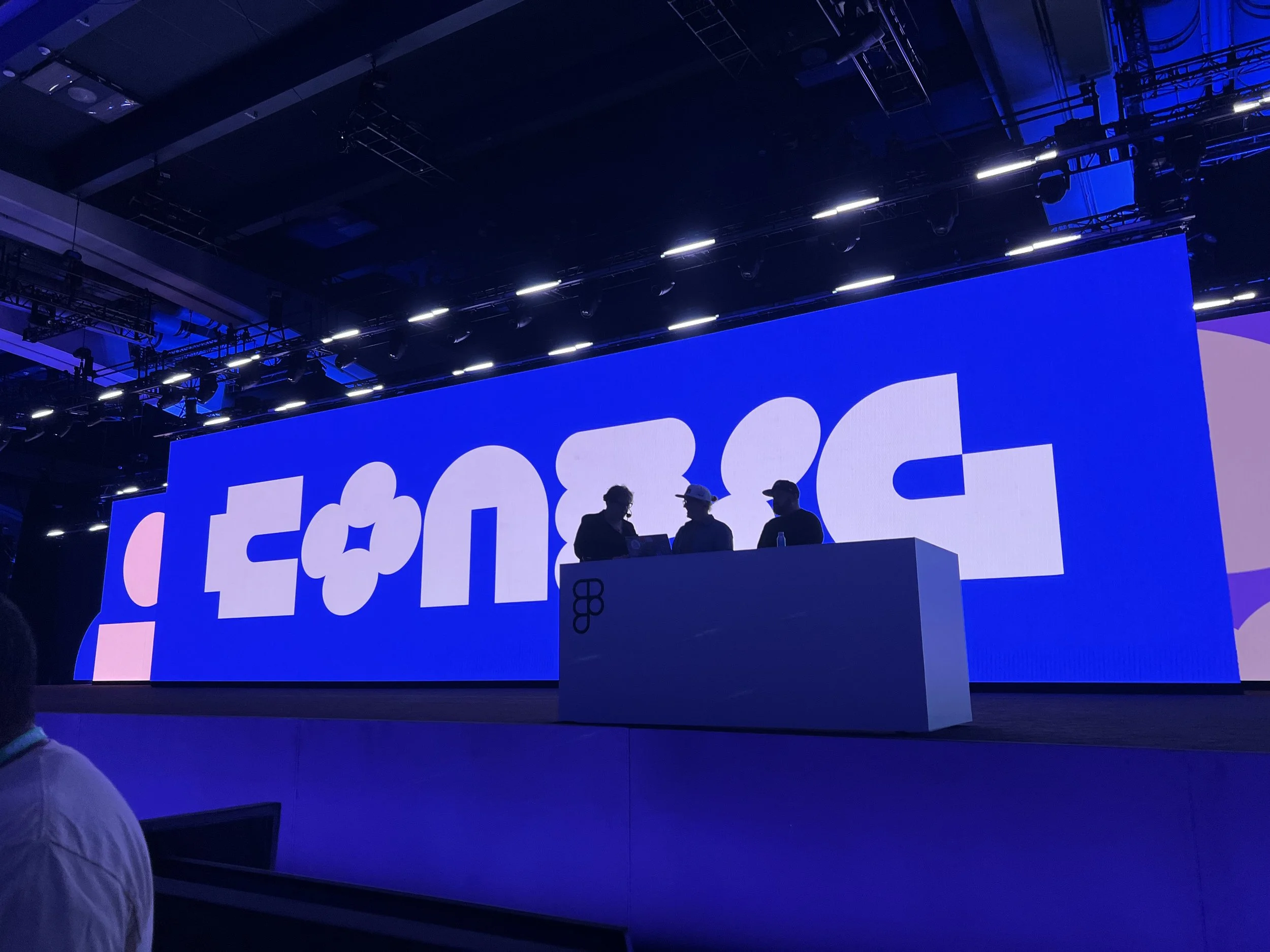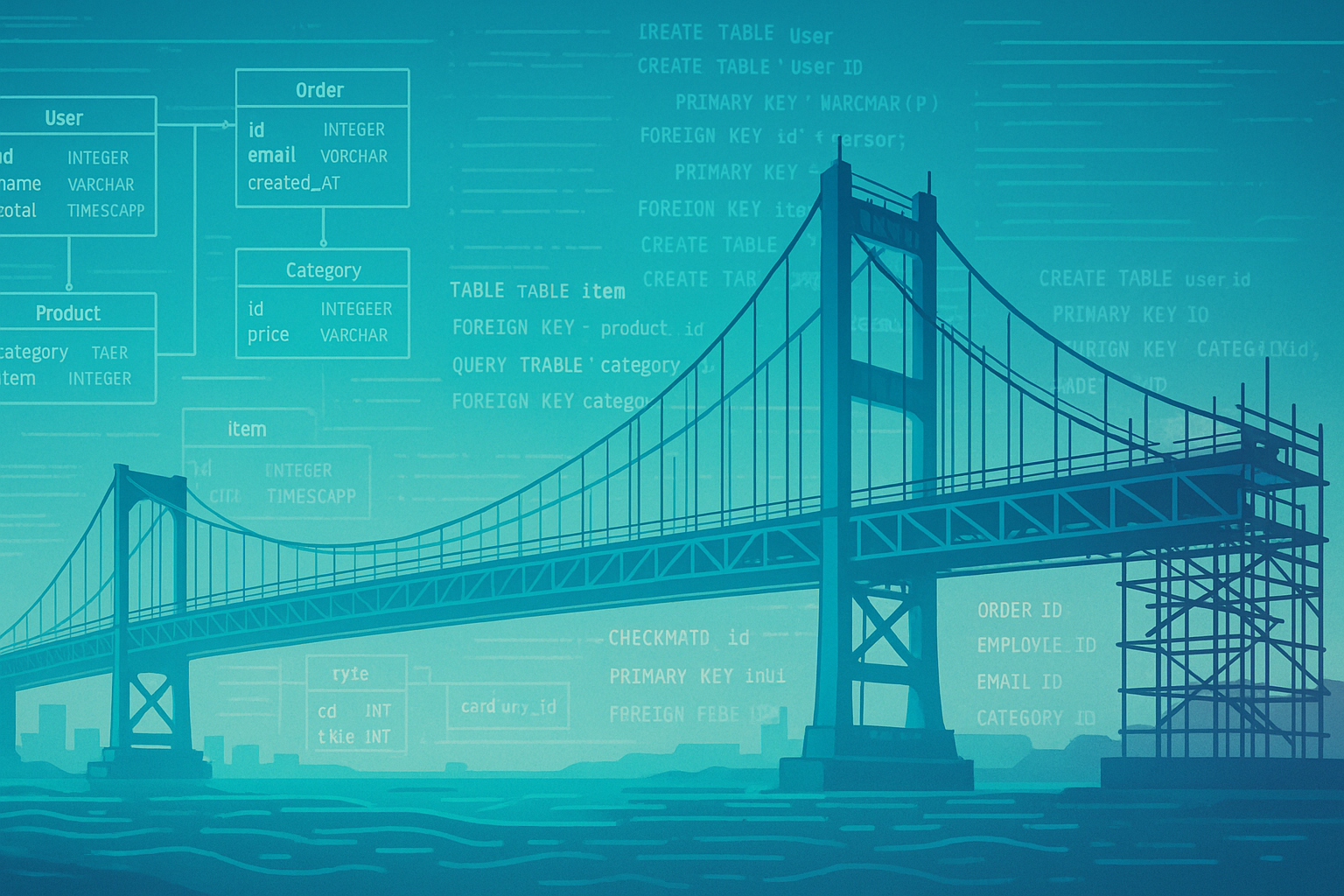Here’s what went down at Config 2025 — and why it matters for you
If you’ve been tuned in to the product or design world last week, it might be no surprise to you that Figma hosted its annual Config event. In case you missed it, we’re recapping our experience at ‘the design conference of the world,’ what went down, and why it just might change you and your business.
What is Config?
Let’s start with the basics — what is Config? Config is a 3-day convention hosted by Figma with a number of Figma product updates, keynote speakers, interactive booths, and workshops centered around all-things design, creative, and product development. This year’s event in San Francisco was attended by over 8,500+ product designers, brand marketers, freelance artists, students, and other working professionals. At the same time and just across the street, Stripe held their Stripe Sessions where they similarly announced a slew of updates relevant to the ecommerce and crypto/blockchain worlds.
Headline updates
Figma went all out for this year’s Config, namely with their own product updates. Within an hour of their opening keynote, they doubled their entire product suite (from four products to eight), many of which will be aggressive competitors to other industry-leading products.
As a recap, here were the existing Figma products (none of these are going away):
Figma Design, Dev Mode, FigJam, and Figma Slides.
Here’s a high-level breakdown on what was announced:
Figma Grid: A much-needed new auto-layout option inside of Figma Design that divides frames into a dynamic grid layout, making complex layouts easier to navigate (and simplifying the quadruple-nested groups that aren’t rare in designs these days).
Figma Sites: A direct competitor to Framer, Figma launched its very own website builder. For those that already design or mockup websites in Figma Design, Figma Sites is essentially the addition of a “publish” button to seamlessly take designs to the internet — and without compromising on complex animations or custom code integrations. While we’re excited to see the direction of Figma Sites in the coming months, we expect it may take a bit to see users switch over entirely from Framer or similar builders, especially as the product is still new.
Figma Make: Figma partnered with Anthropic’s Claude to bring powerful AI integrations into the world of prototyping. Using a standard chat interface, users can bring layers (or Frames altogether) to life, with the AI understanding the exact context of individual vectors and shapes from your design. During the live demo results varied a bit, but were still wildly promising.
Figma Buzz: Designed for marketers and brand creatives, Figma Buzz makes creating brand-consistent assets easy across all your channels. Among its most notable features, Buzz implements brand templates and allows you to bulk-create assets, like when you have to create 100 different posters each with slightly different text.
Figma Draw: Figma brought artistic and illustrative design elements to its classic Figma Design editor, launching dozens of features that have been almost exclusive to Adobe apps for years.
Our top picks
While Figma product updates were certainly exciting, we also thoroughly enjoyed getting to hear presentations from industry leaders across tech, design, and product fields. From the ones we attended, here were a handful of our favorite talks:
“Beyond agents: AI as a creative partner” by Joel Lewenstein (Head of Product Design @ Anthropic): A deep dive into how metaphors bridge customer understandings for next-gen tech. As he analogizes, If Henry Ford had asked people what they wanted before making the car, they would’ve asked for faster horses.
“The art of not naming your layers” by Inga Hampton (Product Designer & Illustrator @ Raycast): AI and technology can speed up/eliminate plenty of our processes, but there’s something unique about the messy, unorganized creative process. In this talk, Igna dares artists and designers not to focus on the ‘organized, clean’ art creation process (like naming your layers) to opt for the process that epitomizes creativity: free flow.
Our thoughts
If you missed this year’s Config, we don’t blame you. For starters, general tickets cost around ~$800, so if your company didn’t sponsor you to attend, that can be a steep price to justify. Luckily, nearly all Figma workshops and keynote events were streamed live and recorded to YouTube, including all our favorites mentioned here. Additionally, Config heads to London this week for another round of presentations and speakers there.
Figma’s announcements are well-timed updates for entrepreneurs and business owners; they represent an increasing shift toward tech tools (often with AI) that can reduce, or in some cases, virtually eliminate the mundane.
We’re hopeful for the future of design and product building, especially as Figma continues to pioneer new fields. If you need help figuring out which of these products would make sense for you, don't hesitate to reach out.



